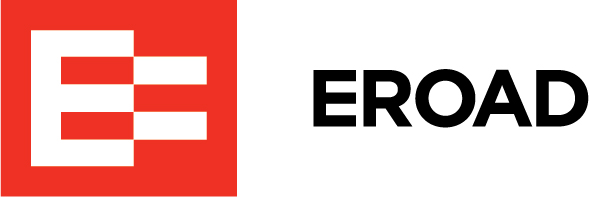New Zealand’s electronic road user charging system has been highlighted in a report by the United States Government Accountability Office (GAO) to the Congressional Subcommittee on Transportation, Housing and Urban Development.
GAO undertook the study in response to the federal transportation crisis, with US highways under growing strain, and projected costs to repair and upgrade them in the hundreds of billions of dollars.
The US has no federal distance-based road user charging system, relying primarily on fuel taxes for its Highway Trust Fund. The fund is shrinking due to growing numbers of alternative fuel vehicles, and the fact that federal fuel taxes haven’t increased since 1993. To maintain current spending levels from 2012 to 2022, it is estimated the fund will need US$100 billion more than what it is expected to take during that period.
In its investigation of New Zealand’s system GAO consulted closely with EROAD, whose electronic road user charging system is a focus of the report. The report finds that “Germany and New Zealand have demonstrated that variable rate, distance-based user fees for commercial trucks can generate substantial revenues linked to road damage costs and help reduce emissions while posing fewer privacy concerns than passenger vehicle systems.”
It recommends that the United States consider implementing a pilot program to test the viability of fees for commercial trucks and electric vehicles. “A federal pilot program provides the opportunity to assess balancing those concerns with the goal of ensuring that federal fees cover the costs of users’ road use,” the report says.
The GAO report is available at www.gao.gov/products/GAO-13-77

